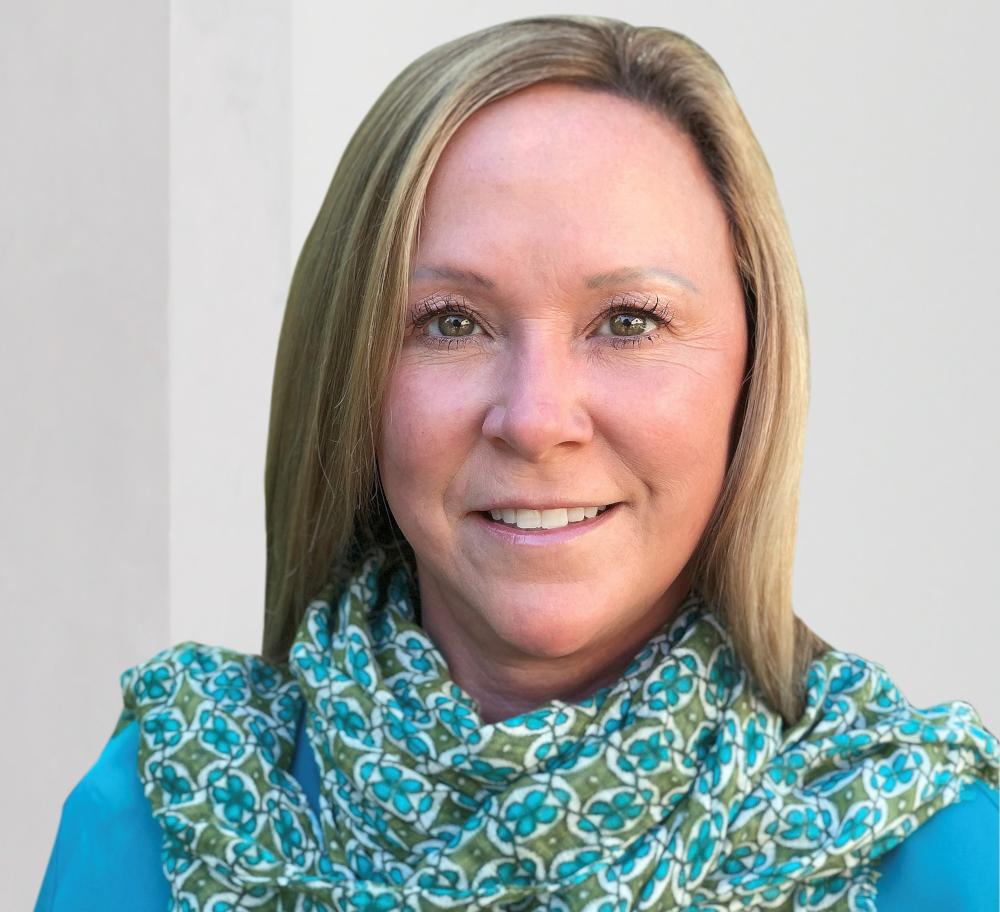
Mandy Gower, chief commercial officer at CTS Engines.
Mandy Gower, chief commercial officer at U.S.-based mature engine specialist CTS Engines, discusses the company’s plans to introduce greater capacity and how it plans to address challenges around parts availability in the supply chain.
Last month, CTS Engines announced plans to move to a new headquarters. What were the key drivers behind this?
The plan under our current ownership, private equity firm J.F. Lehman & Company, is to double the business. We will be signing a lease for a 216,000 ft building in Coral Springs, Florida and that will allow us to comfortably transition our current engine types and any new ones we introduce in the future. The move will start in November and last for around one year. CTS will plan the move around our customers so no interruption in service will occur. We are forecasting more than 80 shop visits this year and we’re steadily increasing at a rate of 10-15% year-over-year. We saw a need for the new building starting next year considering the new engine variants CTS will be onboarding.
Currently, we perform full-service overhaul and testing for CF6-80A, CF6-80C2, CF6-50 and PW2000. We are adding the CF6-80E engine in July and the PW4000 next year. It was announced this week that CTS will be a service provider for the GP7200 engine on the Airbus A380. We can test around 150 engines at our test cell annually. We recently completed an investment in a turbulence control structure fitted onto our test cell, which allows us to test 50 additional engines a year as it alleviates wind issues associated with an outdoor test cell.
What can you tell us about a possible engine test capability addition in Jupiter?
We are considering building a second test cell facility in Jupiter. We have a pad already permitted for a second test cell, and currently are talking with companies to potentially partner. This should probably be decided in the next 3-6 months and would bring more test cell capacity to the Florida area. This test cell would be for all the engines we service and adding new fleet types, depending on partnership structure.
What can you share about some of the potential growth in the CTS Engines workforce to support this capacity growth?
We are hiring 15 new technicians for upcoming new programs specifically and that process is currently ongoing. Not only do we plan to increase our technician staff, but we also intend to further invest in areas such as supply chain, engineering, and quality. The company has expanded over the last year, and this includes the leadership team. I joined just over one year ago while Randy Mengel joined CTS as Chief Operating Officer six months ago. We are moving people around and making some organizational adjustments as the team grows. It’s an exciting time for the company.
Factoring in your current commercial engine capabilities related to the CF6 family and PW2000, what are you seeing in terms of demand trends on those engine types—and has the supply chain been able to keep up with this?
Demand has been relatively stable although the mix of heavy versus light has changed slightly in the first half of this year. The CF6-80A is a smaller fleet now with only a handful of customers still operating the engine. One of our biggest customers still operates the 80A so this continues to be a strong engine for CTS. We are seeing activity related to the CF6-80C2 picking up to some extent, but I see a bigger bow wave for that engine coming next year.
In March, Atlas Air was purchased by Apollo and our owners, JF Lehman. I expect that our partnership with Atlas Air will continue to grow over time. CTS recently partnered with Miami-based Brickell Asset Management to help Atlas Air tear down engines and feed those parts through the repair network and make them serviceable for use on Atlas engine overhauls. The remaining parts will be consumed by CTS or consigned by Brickell. We will make parts available as quickly bringing as much in-house to deliver parts fast while keeping costs low for Atlas. As demand further picks up, we are actively improving our processes in the supply chain with the aim of decreasing turnaround times. The increases in TAT are mainly due to parts availability issues and extended turn times of outsourced repair suppliers. We’re doing a lot right now to address the supply chain and to balance our inventory holding against the current demand and parts yields.
Supply chain issues are related to new OEM parts, used serviceable material (USM) availability and extended TAT of outsourced repair suppliers. There are major USM issues related to the PW2000 and CF6-80C2 programs specifically. USM availability for the CF6-80C2 is getting slightly better but there are still some outliers, mostly related to life-limited parts and high pressure turbine parts. These problems can be partially controlled by increasing inventory levels, but there are obvious problems involved with this solution long-term. MRO turnaround time is only as good as the last part that is required. If an MRO is carrying twice the inventory and still missing one specific part, then that engine will be delayed.
Going forward, where do you think the main challenges will lie in the engine MRO supply chain and how do you intend to remedy them?
The lack of USM availability is an issue that needs be cured because the answer is not to buy more new parts, as this is neither timely nor cost effective. We are using supplier performance dashboards to bring our suppliers TAT down to an acceptable level to prevent inflating our inventory while protecting our TAT. Larger MROs are facing the same problems and can’t carry inventory for months at a time just to protect themselves. Increasing in-house capabilities is an ongoing effort, but MROs with high percentage of in-house capabilities are still struggling with turn times as well. It’s about finding that balance of what we inventory to carry, optimizing the outsourced to alleviate those delays.
Also, trying to work with our customers to provide as much advanced notice as possible in terms of engine inductions and work scopes will allow CTS the time to be more strategic about our inventory planning. Suppliers need advanced notice to guarantee availability and that type of behavioral shift is happening currently at CTS as we do have a lot of customers who require drop-in capacity versus planning months in advance. Increasing our programmatic customer base will help us to shift more sourcing from the spot market to guaranteed availability for piece part support.
